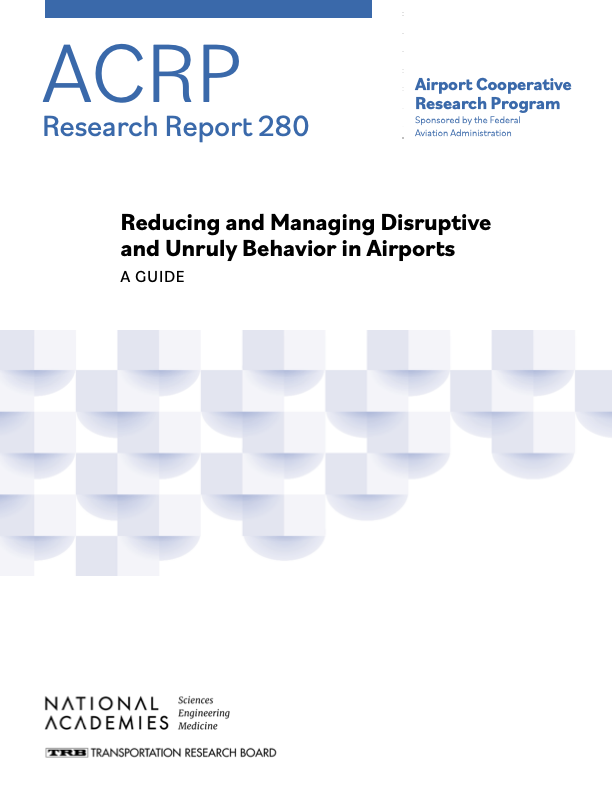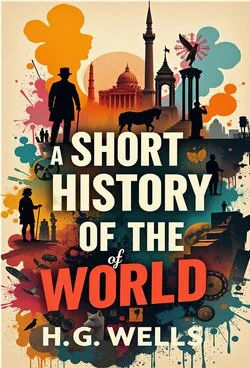By H. G. Wells
H. G. Wells’s A Short History of the World is a sweeping and ambitious narrative that compresses the entire story of humanity into a single, accessible volume. Written in clear, engaging prose, Wells aimed to make the great arc of world history comprehensible to a general audience, without requiring specialized knowledge.
The book opens with the origins of the Earth, tracing the formation of the planet and the earliest appearance of life, before moving to the evolution of humankind. Wells then explores the emergence of civilizations across Mesopotamia, Egypt, India, and China, carefully weaving together political, religious, and cultural developments into a unified story. His coverage spans the ancient empires, classical Greece and Rome, the rise of Christianity and Islam, the medieval period, the Renaissance, and the Enlightenment.
In the later chapters, Wells addresses the industrial age, scientific discoveries, and the sweeping social and political transformations of the 19th and early 20th centuries. Writing just after the First World War, he gives particular attention to the global impact of modern warfare and the urgent need for new international structures to avoid future catastrophe.
Unlike a traditional textbook, Wells’s work reflects his perspective as both a novelist and a futurist. He is concerned not only with recounting events but also with tracing the moral and intellectual progress of humankind. His narrative frequently comments on human unity, the dangers of nationalism, and the promise of scientific and social cooperation.
A Short History of the World became one of Wells’s most widely read nonfiction works and remains notable as an early 20th-century attempt at a "world history for everyone," blending science, history, and philosophy. Though some interpretations and factual details have since been superseded by later scholarship, the book stands as a landmark in popular historical writing.
Read-Me.Org Inc. New York-Philadelphia-Australia. 2025. 354p..








